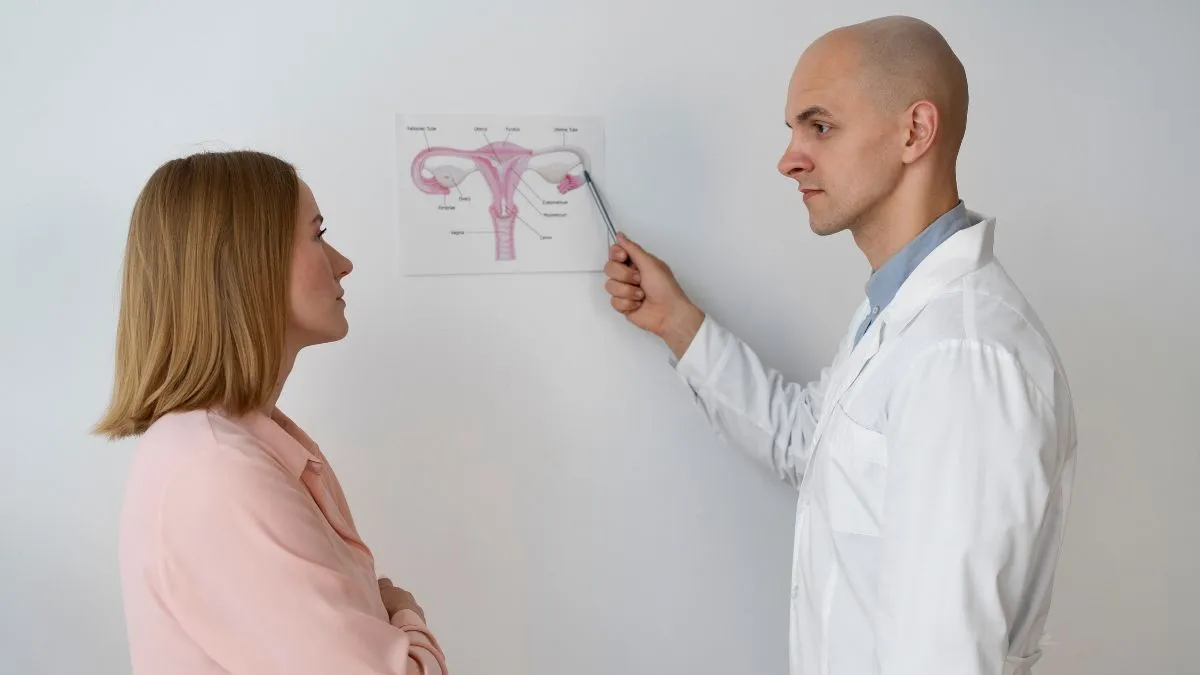
Every woman is born with all the eggs she will ever have, around one to two million at birth. By the time puberty begins, this number dwindles to approximately 400,000. Thereafter, in each monthly menstrual cycle, a fresh crop of follicles appears from which only one mature egg ovulates and the rest are lost. A fresh crop then appears the following month. This monthly depletion continues and it gradually decreases the ovarian reserve the number of resting eggs present in the ovaries.
Table of Content:-
“There is a decrease in both quantity and quality of eggs with age, especially over 35 years. The decline picks up at the age of 38, causing it to be harder for a woman to conceive naturally,” shares Dr Kaushal Kadam, Fertility Specialist and Director of Corion Fertility Clinic Pvt Ltd.
“Around 40, your body starts increasing the production of FSH to compensate for your dwindling stock of eggs; FSH attempts to induce your ovaries to produce eggs. But high FSH levels are rather an indication of diminished ovarian reserve and are a biological symbol that egg production is becoming an arduous task. This is generally witnessed in blood tests as low AMH (Anti-Müllerian Hormone) level along with high FSH,” she adds.
Why Does AMH Matter For Pregnancy?
AMH is a hormone secreted by small resting follicles in the ovaries and is a valuable marker of ovarian reserve. As discussed in our previous articles, AMH testing helps assess the number of eggs a woman may have left, but not their quality. It’s important to understand that AMH cannot predict the likelihood of conception on its own. For instance, a younger woman with a low AMH will have better quality eggs and thus a better chance of conceiving than an older woman with the same AMH level.
Also Read: Low AMH and Pregnancy: How To Achieve Natural Conception with Low AMH Levels
Dr Kaushal Kadam explains, “In an IVF cycle, the lower the AMH, the fewer eggs. This may increase the number of IVF attempts needed until conception is achieved, thereby increasing both emotional and financial burden on the couple. It also tends to increase the time till pregnancy.”
In contrast, high AMH levels suggest a huge ovarian reserve and is usually found in females with PCOS. These women may also face fertility problems at advanced ages with normal AMH levels (above 2ng/ml) as genetic abnormalities increase with age due to an aged oocyte. Younger age usually works in their favor and lessens the time to conception, provided the condition is well managed.
Also Read: Expert Explains How Age Affects IVF Treatment
Does Age Affect IVF Success?
Age is still the most important determinant for IVF success. “The younger the woman, the higher the chance of having embryos that are genetically normal for implantation and pregnancies,” says Dr Kaushal Kadam. The opposite is true for aging women as a result of increased prevalence of chromosomal abnormalities of their embryos that reduce the success rate and increase the time to pregnancy.
Final Word
Summing up, it could be said that AMH and age are the main parameters on which fertility assessments and IVF outcomes revolve. AMH testing can give you an idea of your ovarian reserve. A realistic understanding of the impact of age on egg quality can help you and your fertility specialist make decisions regarding the best timing for treatment and treatment strategies. If you are thinking about fertility treatment, evaluation should not be delayed, especially if you are older than 35 years of age. Early insight will always give you more options and better outcomes.
Also watch this video
How we keep this article up to date:
We work with experts and keep a close eye on the latest in health and wellness. Whenever there is a new research or helpful information, we update our articles with accurate and useful advice.
Current Version